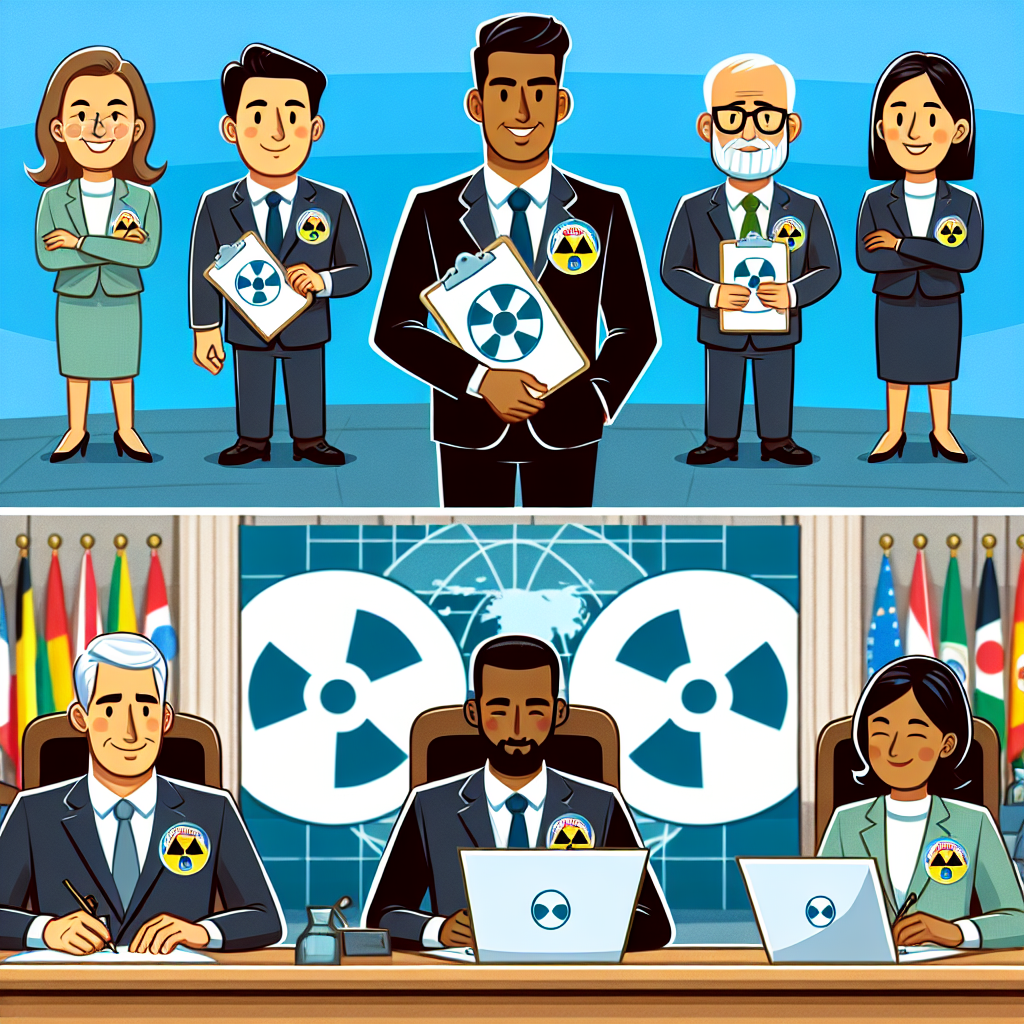Global Envoys Challenge Taliban on Women's Rights at Historic Qatar Meeting
International envoys expressed serious concerns about the restrictions on women and girls in Afghanistan during meetings with the Taliban in Qatar. The two-day meeting aimed to address issues facing millions of Afghans, but faced criticism for the absence of Afghan women at the discussions.

International envoys raised concerns about restrictions on women and girls in Afghanistan during meetings with the country's ruling Taliban in Qatar, United Nations' political affairs chief Rosemary DiCarlo said on Monday. The two-day, U.N.-led meeting was the first of its kind attended by the Taliban which has not been internationally recognised since seizing power in 2021 as U.S.-led forces withdrew after 20 years of war.
"Running through all the discussions was the deep international concern - from special envoys and from me - about the ongoing and serious restrictions on women and girls," DiCarlo said in a statement. "Afghanistan cannot return to the international fold, or fully develop economically and socially, if it is deprived of the contributions and potential of half its population," she added.
Since the Taliban's return to power, most girls have been barred from high school and women from universities. The Taliban have also stopped most Afghan female staff from working at aid agencies, closed beauty salons, barred women from parks and curtailed travel for women in the absence of a male guardian.
The Taliban say they respect rights in line with their interpretation of Islamic law. DiCarlo said the engagement on Sunday and Monday with the Taliban authorities did not mean recognition of their government but was a part of the international community's broader effort to resolve issues facing millions of Afghans.
The talks on Monday looked at the private sector and narcotics in particular. "There was broad agreement on the need to chart a clear way forward," DiCarlo said.
Rights groups criticised the U.N. for not having Afghan women at the table with the Taliban in Doha. DiCarlo said she was aware of the criticism but organisers faced a tough choice because they had to arrange a direct meeting with the "de facto" rulers of Afghanistan and international envoys.
"Regrettably, the de facto authorities will not sit across the table with Afghan civil society in this format," she said.
(This story has not been edited by Devdiscourse staff and is auto-generated from a syndicated feed.)
ALSO READ
UAE allocates 70 per cent of its USD 100 million pledge to United Nations, its humanitarian agencies in Sudan
Qatar ranks 11th in IMD's 2024 World Competitiveness Booklet
Qatar Airways Shift Sparks Debate: Goa's Dabolim Airport at Risk?
UN-Led Meeting in Qatar with Taliban: A Focus on Afghan Engagement
EAM Jaishankar meets envoys of Kuwait, Sri Lanka, New Zealand in Delhi










